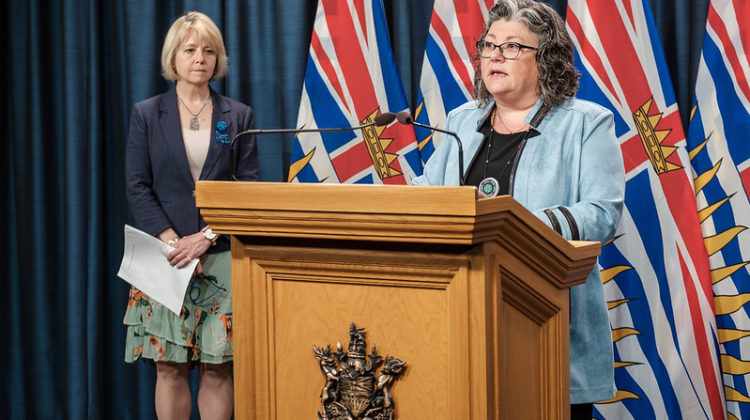Toxic drugs are taking a deadly toll on BC’s First Nations communities.
The number of First Nations lives lost to toxic drugs jumped dramatically last year.
In 2020, 254 First Nations people died in BC due to toxic drugs.
That’s a 119 percent jump from 2019 and the highest number of toxic drug deaths recorded for First Nations since 2016 when a public health emergency was first declared by the province.
Shannon MacDonald is acting chief medical health officer with the First Nations Health Authority.
She mentioned they’re taking steps to help First Nations during this crisis.
“By developing creative ways to get B.C. First Nations informed, get help, support others with facts, services, communication, and compassion.”
The large gap in death rates between First Nations and other BC residents is wider than it has ever been.
First Nations people died at 5.3 times the rate of other British Columbians in 2020, up from 3.9 times in 2019.
“The messaging for the pandemic is that we’re all in this together but this is not the case for the toxic drug crisis,” said Dr. Nel Wieman, the FNHA’s Acting Deputy Medical Officer.
“We continue to lose more people in BC to the toxic drug crisis than to COVID-19, yet the issue is not receiving the attention it deserves. We need to change the narrative and work together to address existing stigmas surrounding toxic drug use.”
Last year saw the highest-ever number of toxic drug deaths among both First Nations women and men: 172 men and 82 women died.
Indigenous women accounted for 32 percent of toxic drug deaths for First Nations people, double the rate of non-First Nations women in BC.
In response, the FNHA launched the First Nations Virtual Substance Use and Psychiatry Service as part of its commitment to creating a range of accessible treatment and healing options for Indigenous people who use substances.
– with files from Troy Landerville, My Campbell River Now staff
Something going on in the Prince George area you think people should know about?
Send us a news tip by emailing [email protected].







